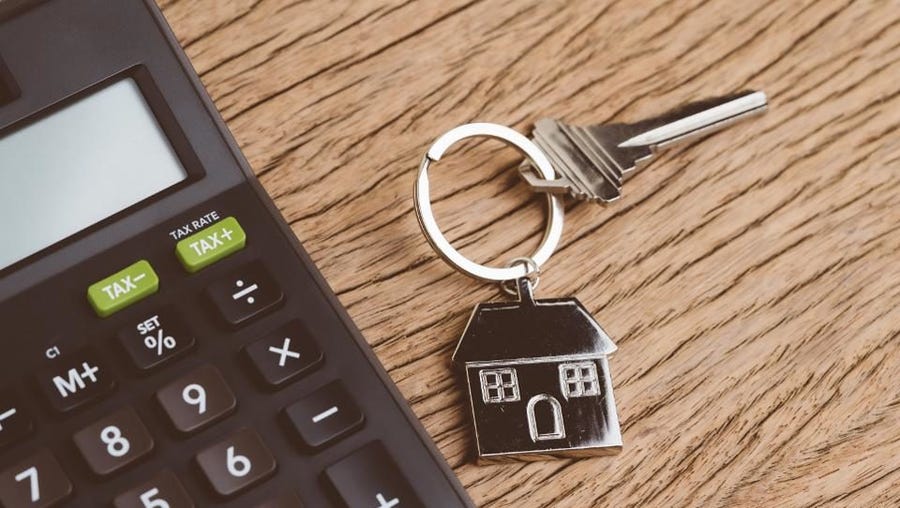There are many reasons to become a licensed mortgage broker or lender. First of all, it’s easier to get a license if you follow all the rules and regulations. These include paying a licensing fee and getting certifications. A mortgage broker license covers the conduct of the broker and must include requirements for continuing education. A license holder must obtain a certificate indicating the number of hours of continuing education required to remain current in their field.
It is also essential for a mortgage broker to have the proper license to operate in the state. There are certain requirements for this license, including the use of a business name and a license number. A licensed person may also use the name of another natural person. However, a license issued in a natural person cannot imply a license in the name of someone else.
A license is a requirement for any mortgage broker or lender. A licensee must be a member of a licensed organization or corporation. The state will not recognize a mortgage broker or lender that is not a member of that association. In addition, a licensee must keep accurate records. The broker or lender must maintain a log of all mortgage loans. The company must be a legal entity and must be registered with the Department of Consumer Protection.
Mortgage Brokers and Lenders Licensing in the VICTORY
To ensure that a licensee follows the proper procedures, applicants must name their managing principal. The managing principal is responsible for the operations of the mortgage broker or lender. This person may also serve as the branch manager of a licensed office. Once the licensee is registered, he must designate a managing principal. If a licensee changes the managing principal, he must notify the administrator.
A licensee must have a mortgage broker or lender license. A mortgage broker or lender must be licensed to do business in the territory. The licensing process is easy and simple. A licensee must be willing to comply with all state and federal laws. A mortgage broker must have a valid state business license. Those who are not are prohibited from acting as a broker or lender.
Mortgage brokers and lenders must be licensed to carry out mortgage business. The licensee’s name must be consistent with the license. A natural person’s name cannot be implied from the licensee’s title. A mortgage broker and lender must be licensed to do business in the jurisdiction where they reside. A licensed realtor can conduct mortgage transactions anywhere in the world. It is vital to ensure that a real estate agent is a legal resident in their territory.
A license is a requirement for mortgage brokers and lenders in the Virgin Islands. To become a mortgage broker or lender, you must be a U.S. citizen or a permanent resident. You must have a license if you want to conduct business in the territory. There are many benefits to being licensed. It can be an easy and affordable way to start a new career in the local community.
In order to get a mortgage broker license, you must be a resident in the state of the licensed lender. The statute outlines the requirements for being a licensed mortgage broker and lender. A license is not required to be expensive, but it can save you time and money in the long run. The process to get a licence is relatively straightforward. You must have a degree in finance to practice law in the V.I.
To get a license, a mortgage broker or lender must be licensed by the government. Lenders and brokers must also be certified under the VI’s regulatory body. In the state of the Virgin Islands, a mortgage broker or lender is required to have a state license in order to do business. There are several reasons for becoming licensed, including: (i) To protect consumers.



